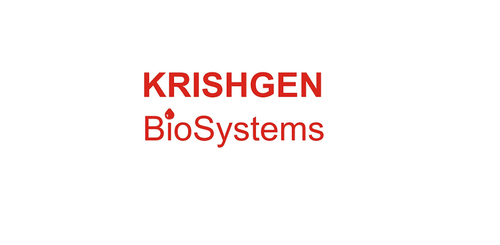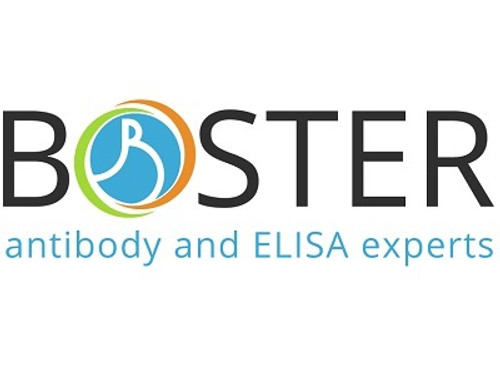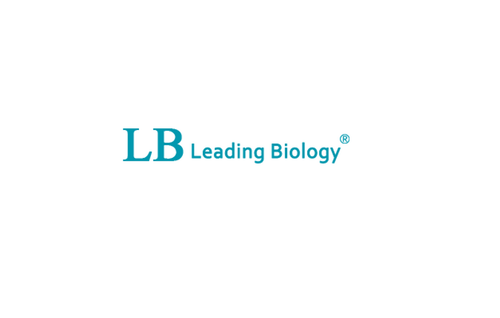Product Description
Human Short/branched chain specific acyl-CoA dehydrogenase, mitochondrial (ACADSB) ELISA Kit | AE23312HU | Abebio
Species Reactivity: Human (Homo sapiens)
Abbreviation: ACADSB
Alternative Name: 2-MEBCAD; ACAD7; SBCAD; 2-methyl branched chain acyl-CoA dehydrogenase|2-methylbutyryl-CoA dehydrogenase
Application: ELISA
Range: 31.25-2000 pg/mL
Sensitivity: 7.81 pg/mL
Intra-Assay: ≤7.4%
Inter-Assay: ≤9.1%
Recovery: 0, 85
Sample Type: Serum, Plasma, Other biological fluids
Detection Method: Sandwich
Analysis Method : Quantitive
Test Principale: This assay employs a two-site sandwich ELISA to quantitate ACADSB in samples. An antibody specific for ACADSB has been pre-coated onto a microplate. Standards and samples are pipetted into the wells and anyACADSB present is bound by the immobilized antibody. After removing any unbound substances, a biotin-conjugated antibody specific for ACADSB is added to the wells. After washing, Streptavidin conjugated Horseradish Peroxidase (HRP) is added to the wells. Following a wash to remove any unbound avidin-enzyme reagent, a substrate solution is added to the wells and color develops in proportion to the amount of ACADSB bound in the initial step. The color development is stopped and the intensity of the color is measured.
Product Overview: Short/branched chain acyl-CoA dehydrogenase (ACADSB) is a member of the acyl-CoA dehydrogenase family of enzymes that catalyze the dehydrogenation of acyl-CoA derivatives in the metabolism of fatty acids or branch chained amino acids. Substrate specificity is the primary characteristic used to define members of this gene family. The ACADSB gene product has the greatest activity towards the short branched chain acyl-CoA derivative, (S) -2-methylbutyryl-CoA, but also reacts significantly with other 2-methyl branched chain substrates and with short straight chain acyl-CoAs. The cDNA encodes for a mitochondrial precursor protein which is cleaved upon mitochondrial import and predicted to yield a mature peptide of approximately 43.7-KDa
Stability: The stability of ELISA kit is determined by the loss rate of activity. The loss rate of this kit is less than 5% within the expiration date under appropriate storage condition. The loss rate was determined by accelerated thermal degradation test. Keep the kit at 37°C for 4 and 7 days, and compare O.D.values of the kit kept at 37°C with that of at recommended temperature. (referring from China Biological Products Standard, which was calculated by the Arrhenius equation. For ELISA kit, 4 days storage at 37°C can be considered as 6 months at 2 - 8°C, which means 7 days at 37°C equaling 12 months at 2 - 8°C) .
 Euro
Euro
 USD
USD
 British Pound
British Pound
 NULL
NULL












